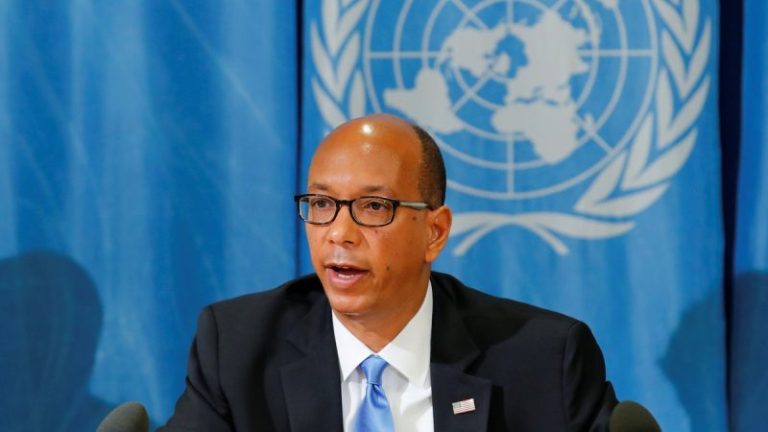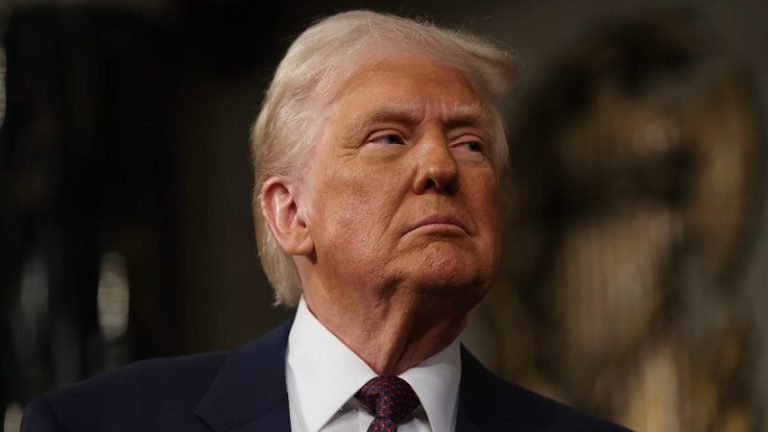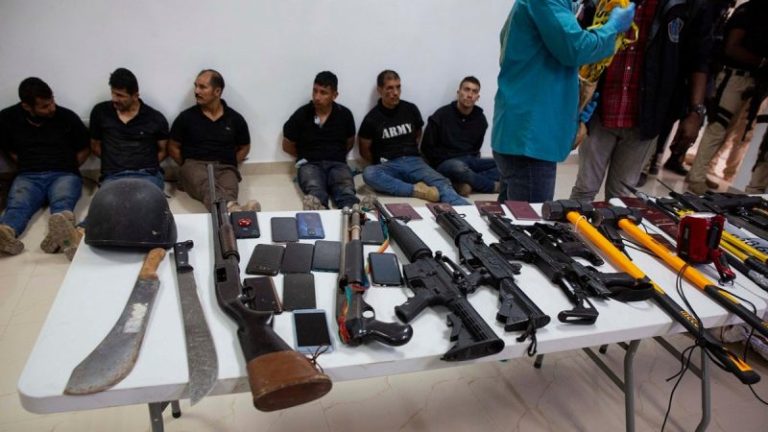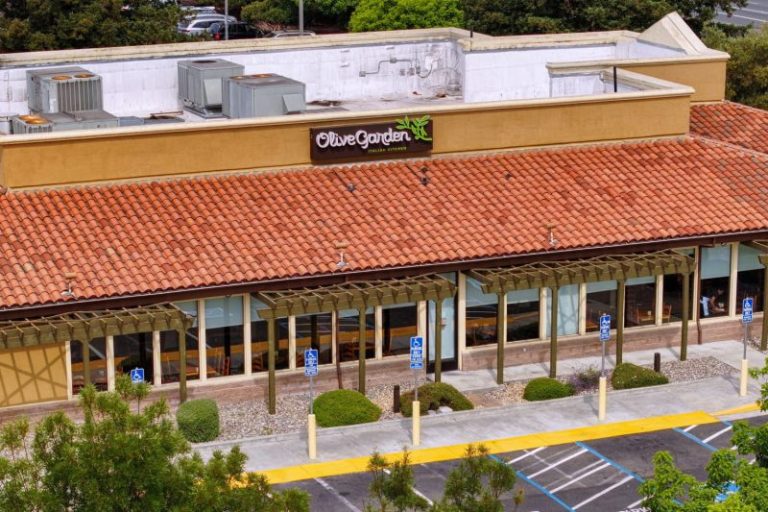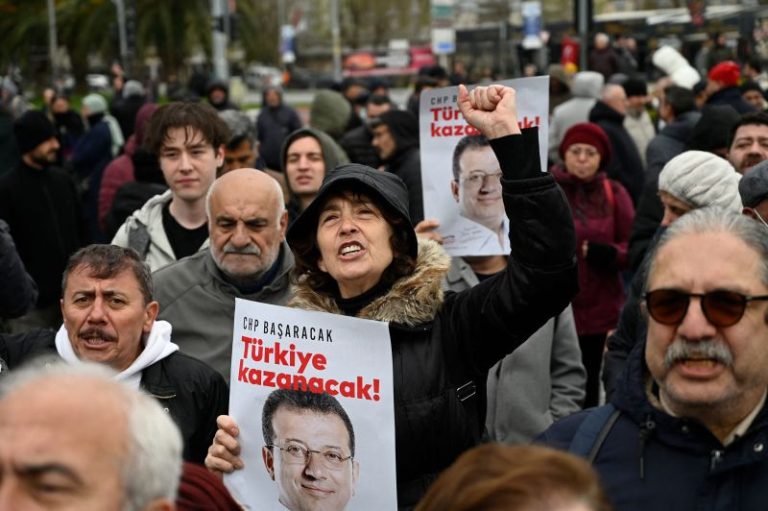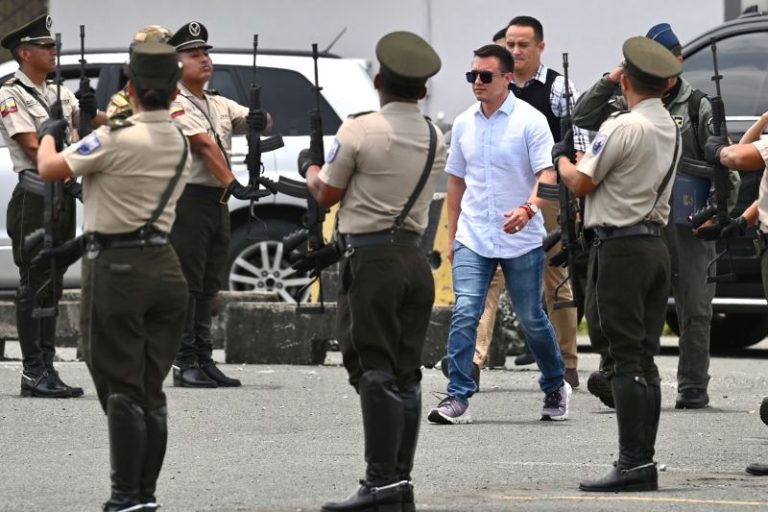Over the last four years at the United Nations, the international community has witnessed an alarming trend of closer collaboration between Russia and China that poses a significant threat to the ‘rules-based order’ the United States helped design back in 1945.
This increased and renewed level of cooperation presents an unprecedented dilemma for the United States and like-minded partners: how to maintain the existing order, warts and all, when two permanent members of the UN Security Council are now working feverishly to subvert it.
To many UN observers, China and Russia have now come to the shared conclusion that the UN has become a tool Washington and its allies regularly use to destabilize their regimes and diminish their global influence. Consequently, the United Nations has become a critical battleground in the current era of ‘Great Power’ competition.
During my two-plus years as the U.S. ambassador responsible for UN Security Council matters, I have seen first-hand at the UN how these two authoritarian powers repeatedly and energetically spread falsehoods alleging:
- The UN’s bureaucracy is beholden to the ‘West’;
- That the U.S. and Europe continue to exploit countries of the global South in ‘colonial’ fashion;
- That the U.S. uses unilateral sanctions to impose its will on the rest of the world;
- And that the Western-led international financial system continues to subjugate the global have-nots.
By propagating these false storylines, Russia and China hope to persuade developing nations that the UN and its associated mechanisms don’t represent their views and values and that a fundamental overhaul of the multilateral system is urgently needed.
It’s not as if there haven’t been warning signs. Since Russia’s unprovoked war of aggression against Ukraine in early 2022 — and the robust international condemnation of it — Moscow has been determined to dispose of the current order, even going so far as to claim there is no such thing as a rules-based order.
It flagrantly violates UN General Assembly resolutions on Ukraine, defying repeated calls from UN member states to withdraw its troops from the country. Almost daily, it uses inflamed rhetoric and nuclear saber-rattling in the UN Security Council to threaten and intimidate nations that express opposition to its war on Ukraine, its illegal military cooperation with North Korea, its blatant interference in democratic elections, and its support for authoritarian regimes committing horrific atrocities against their own people.
While this type of menacing Russian behavior is not new, when viewed in the context of its ‘no-limits partnership’ with China, a burgeoning authoritarian superpower, the world needs to take serious notice.
Since 2016, Beijing has been on a relentless campaign to remake the UN in its own authoritarian image. It has worked zealously to insert into official UN documents language promoting its own domestic ideological and political priorities, such as the Belt and Road Initiative and the Global Security Initiative.
It has prioritized funding the placement of young Chinese nationals in the UN’s Junior Professional Officers program, which trains and develops future UN civil servants. Through this program, the primary goal of Beijing is not simply to develop a cadre of Chinese nationals with UN expertise, but to seed the multilateral system with apparatchiks focused solely on promoting the interests of the Chinese Communist Party.
Playing the long game, China, like Russia, also seeks to devalue the importance of human rights, individual freedoms, and the role of civil society in the UN writ large, quietly chipping away at international standards and norms the United States and the vast majority of UN member states want to preserve. Instead of withdrawing from UN institutions like UNESCO and the WHO, the new administration should double down on its engagement in these bodies to prevent China from dominating critical areas such as AI and responses to future pandemics.
In public and closed-door Security Council meetings, I had many verbal clashes with Russian and Chinese diplomats to firmly contest their propaganda and false narratives which, if repeated often enough, begin to resonate with states not completely familiar with the history and facts related to a given issue.
To woo the Global South, Russia and China typically point to growing economic inequality, the war in Gaza, allegedly unfair restrictions on access to leading technologies, and what they claim is the instability of democracies as proof the rules-based order is failing and that the authoritarian model is the wave of the future.
While most countries of the Global South do not subscribe to these views, it would be incorrect to say there isn’t some growing support for this line of thinking. The Biden administration’s call for UN Security Council reform, and UN Secretary General Guterres’s ‘Pact for the Future,’ a blueprint for taking the UN forward, have tried to address some of the demands for change expressed by developing countries.
But, should Russian and Chinese propaganda become mainstream in Global South discourse on the UN, demands for a fundamental overhaul of the rules-based order will certainly grow louder and could severely weaken support for the UN as we know it.
Friends of the United States also warn that current political divisions in Washington and between Washington and its allies are giving Russia and China the upper hand in this struggle. To effectively meet the moment in this evolving, competitive strategic landscape, the Trump administration needs to abandon anti-UN posturing and instead urgently deploy America’s unique convening power to renew and strengthen alliances at the UN.
Chinese and Russian diplomats privately acknowledge that one comparative advantage the U.S. has over their countries is our historic, values-based alliances. However, as important as alliances are, they cannot be a one-way street.
The U.S. has a right to expect that partners will not work to undermine its critical security interests. Nations should not expect to continually vote against American policy priorities at the UN without being held to account. It is important that each side understands the other’s expectations.
Since 2016, Beijing has been on a relentless campaign to remake the UN in its own authoritarian image.
The U.S. also needs to actively engage the UN press corps. This was something I undertook religiously at UN headquarters, making sure as best I could the U.S. point of view was factored into media reporting. This needs to be a priority. If we don’t consistently push out the U.S. narrative, our adversaries will fill the void and define that narrative in ways that damage our global standing and interests.
Over the last 79 years, the United States has invested substantially in building out the UN and broader international system. Let’s not waste this enormous investment. Let’s make the UN fit for purpose, ensure it continues to live up to its charter’s foundational principles – protecting human rights, saving future generations from the scourge of war, promoting a more just world. We should work with like-minded nations, organizations and peoples to help it survive and thrive in what will undoubtedly be an intense era of strategic competition.
We don’t have a moment to spare.

